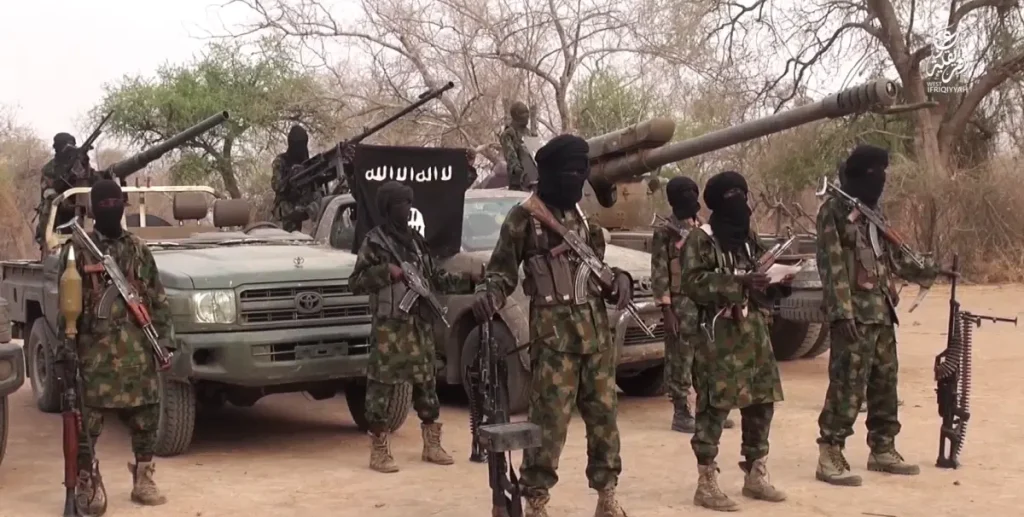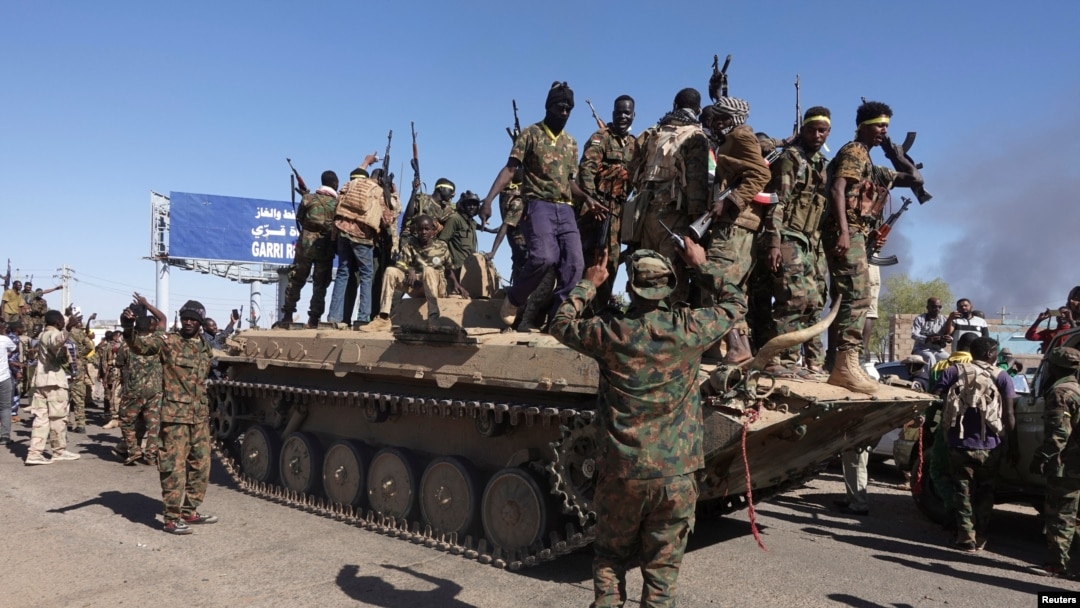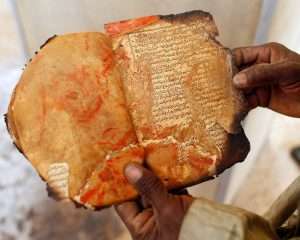Niger’s forces claim airstrike killed top militant commander

Niger’s armed forces reported that an airstrike killed Ibrahim Bakoura, a senior commander of Boko Haram, which is a militant group responsible for widespread violence across the region, Arab News reported via Associated Press on August 22nd.
The operation took place on August 15th in the Lake Chad region, where the army said it eliminated “dozens of terrorists” along with key leadership figures of the group. According to military reports, Bakoura was in his mid-40s and had been “tracked for several weeks” before the strike.
Boko Haram, which emerged in Nigeria during 2009, is notorious for opposing Western-style education and attempting to enforce its strict interpretation of Islamic law. The group’s insurgency has spilled into neighbouring countries like Niger, killing around 35,000 civilians and displacing over two million, according to United Nations estimates. The UN has also stressed that with cuts to international aid, Boko Haram may regain strength across the region.
Sahel specialist Wassim Nasr cautioned that reports of high-ranking militant deaths should be approached with skepticism, as Bakoura has previously been reported dead multiple times and verifying the outcomes of distant airstrikes remains difficult.
After Boko Haram’s long-time leader Abubakar Shekau died in 2021, the group split into two main factions, with Bakoura taking over leadership in 2022.
The first faction, known as the Islamic State West Africa Province or ISWAP, has connections to Daesh and is recognised for striking military targets. In 2025 alone, it reportedly overran Nigerian forces on at least 15 occasions, killing soldiers and seizing arms.
The second faction, Jama’atu Ahlis Sunna Lidda’awati wal-Jihad, also called Boko Haram, is known for its increasing attacks on civilians while relying on robberies and kidnappings for ransom.
Bakoura’s death follows recent disruptions to armed groups in the region, including the capture of senior Al-Qaeda-linked figures in Nigeria and the arrest of Boko Haram founder’s son in Chad. Security analysts note that repeated militant attacks have exposed vulnerabilities in regional forces, prompting renewed action from intelligence agencies and military leadership.
Taiwo Hassan, a security researcher at the Institute of Security Studies, explained that the elimination or capture of senior figures could bring tangible advantages in the fight against insecurity if governments prevent retaliatory operations or regrouping efforts. This comes after reports labelled the Sahel as the “global centre of terrorism”.
Arab News via Associated Press, Maghrebi.org
Want to chase the pulse of North Africa?
Subscribe to receive our FREE weekly PDF magazine














